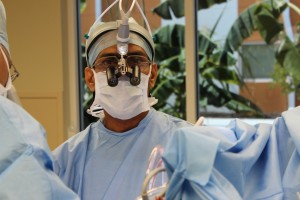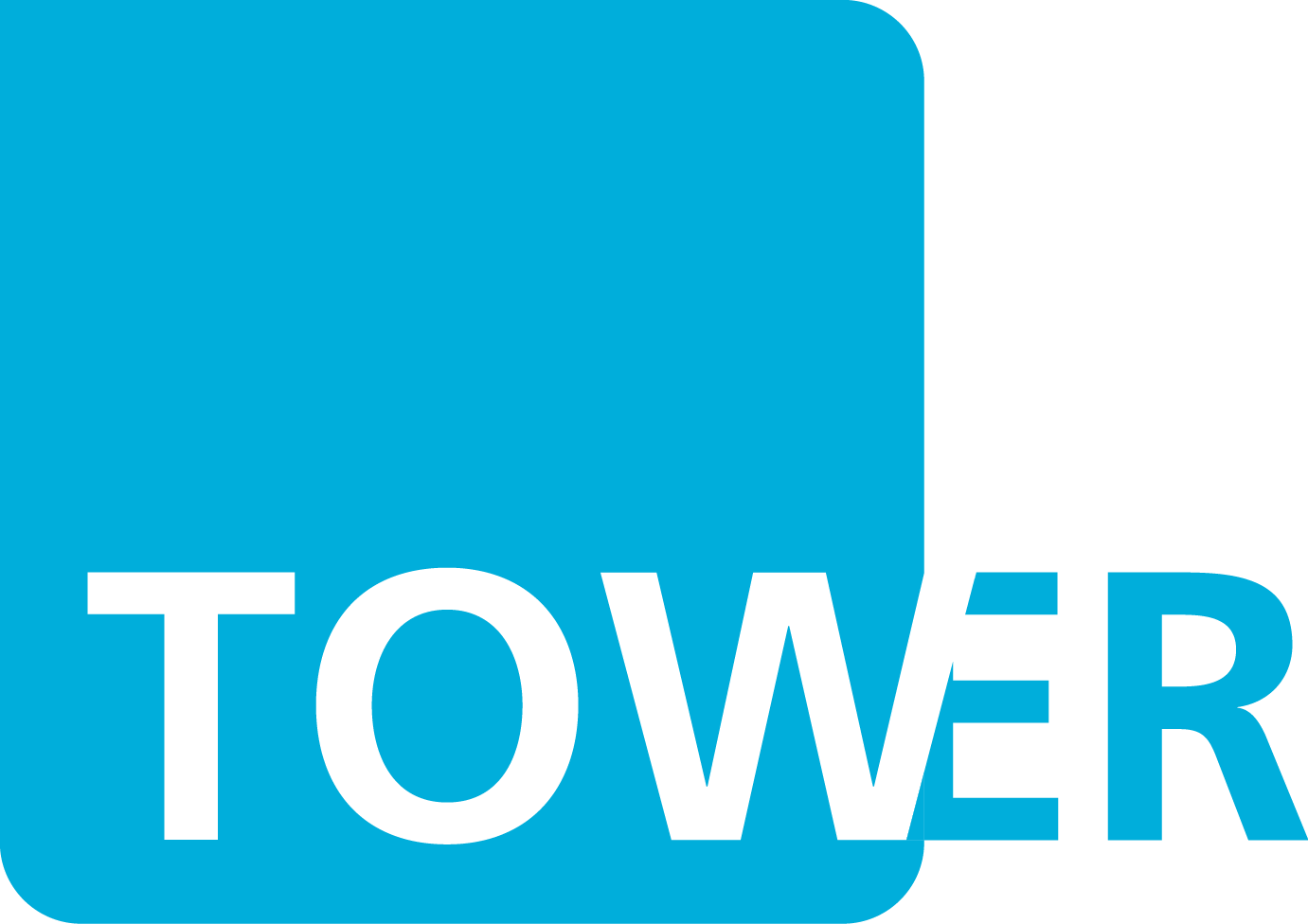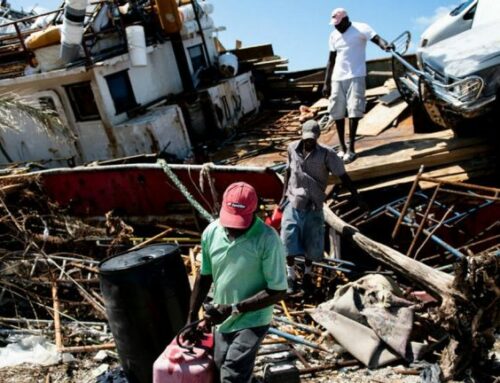 A key milestone in the history of medicine in the Cayman Islands was achieved last week with the country’s first ever coronary artery bypass graft surgery (CABG) performed.
A key milestone in the history of medicine in the Cayman Islands was achieved last week with the country’s first ever coronary artery bypass graft surgery (CABG) performed.
The patient, a 65 year old woman with diabetes and high blood pressure residing locally in the Cayman Islands, had the procedure performed by Dr Binoy Chattuparambil, Senior Consultant in Cardiovascular and Thoracic Surgery at Health City Cayman Islands and was released from the hospital yesterday following a successful recovery from the surgery.
Dr Binoy said the patient had significant angina for the last four to five months with her angiogram showing four blocks in her coronary arteries.
“Blocks in coronary arteries can be treated in different ways depending on their number, severity, nature, site, and the patient’s condition – for this woman, a bypass was necessary.
“The patient received four grafts to bypass all four of her blockages,” Dr Binoy said “and went off extremely well with the professional and experienced team we have here at Health City.”
Coronary artery disease is an accumulation of plaque inside coronary arteries that can cause a reduction in blood flow to the heart muscle and can lead to either angina or a heart attack. The risk of developing coronary artery disease can be mitigated by lifestyle changes, such as following a healthy diet, being physically active, maintaining a healthy weight, avoiding smoking and managing stress levels.
In a CABG surgery, the breast bone is split open and the heart is exposed. During the bypass procedure surgeons take a blood vessel from another part of the patient’s body and construct a detour around the blocked portion of the coronary artery. The vein most commonly used to create the detour is the greater saphenous vein from the leg. However, arteries in the chest, such as the left internal mammary artery or LIMA, or the radial artery from the wrist and forearm, can also be used.
“In this case, one artery from the chest wall and three veins from the patient’s legs were used,” Dr Binoy said. “The patient was off the ventilator in five hours and was capable of sitting in a chair the same evening. She was transferred out of the Intensive Care Unit (ICU) on the second day following surgery and was discharged yesterday after a 7-day stay.”
As in this milestone surgery, the majority of coronary bypass surgeries use a heart-lung machine, which enables a surgeon to stop the heart from beating while he or she sews tiny arteries and veins together to form grafts. The heart-lung machine performs the pumping and oxygenation functions of the heart. When the grafts have been completed, the heart is stimulated to begin pumping blood again and the heart-lung machine is removed.
“The success of any cardiac surgery program depends on team work,” Dr Binoy said. “At Health City we have a very dedicated team comprising of experienced cardiac surgeons, cardiologists, cardiac anaesthesiologists, intensivists, perfusion scientists, physiotherapists and nurses.
Dr Binoy said it typically takes six to twelve weeks following surgery for a patient to fully recover.
“The quality of life improves significantly and patients can have a normal life,” he said. “They will be on a few regular medications and it is important to make life style changes like regular exercise, stop smoking, reduce weight, strict control of diabetes, high blood pressure and cholesterol and avoid stress if there have been issues pre operation.”
“Cumulatively, the Health City Cardiovascular and Thoracic team have performed in excess of 2,500 CABG surgeries in our past roles and we’re now thrilled to be able to bring our expertise and experience to the Cayman Islands.”
IEyeNews- July 24, 2014
HealthyDunia.com– July 25, 2014
BahamasLocal.com- July 25, 2014
Radio Cayman- July 25, 2014
Compasscayman.com– July 25, 2014
Caribbean Medical News– August 1, 2014




